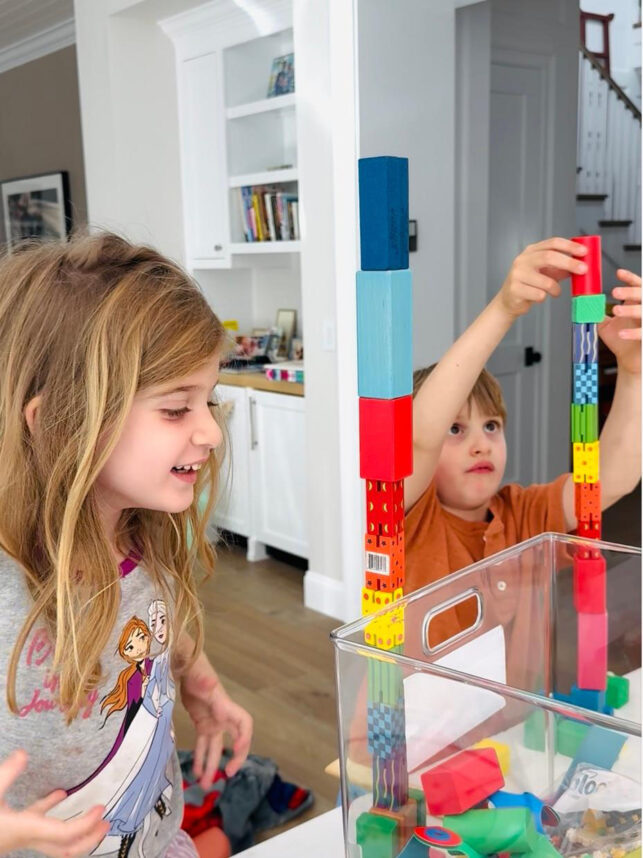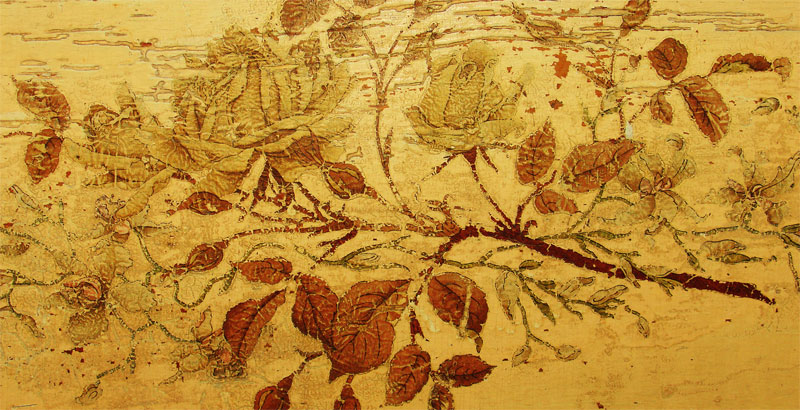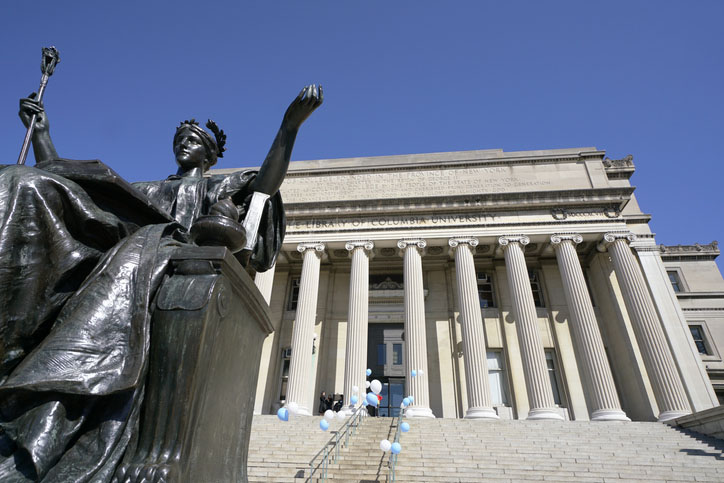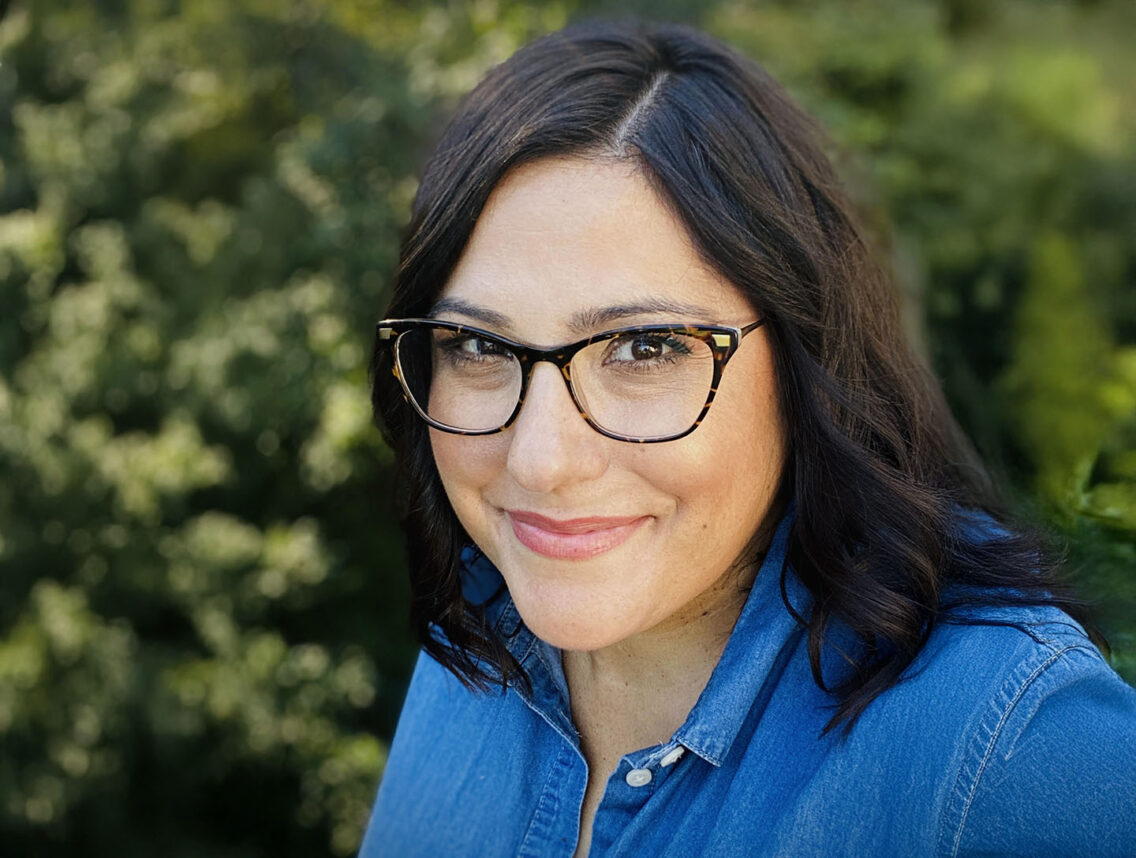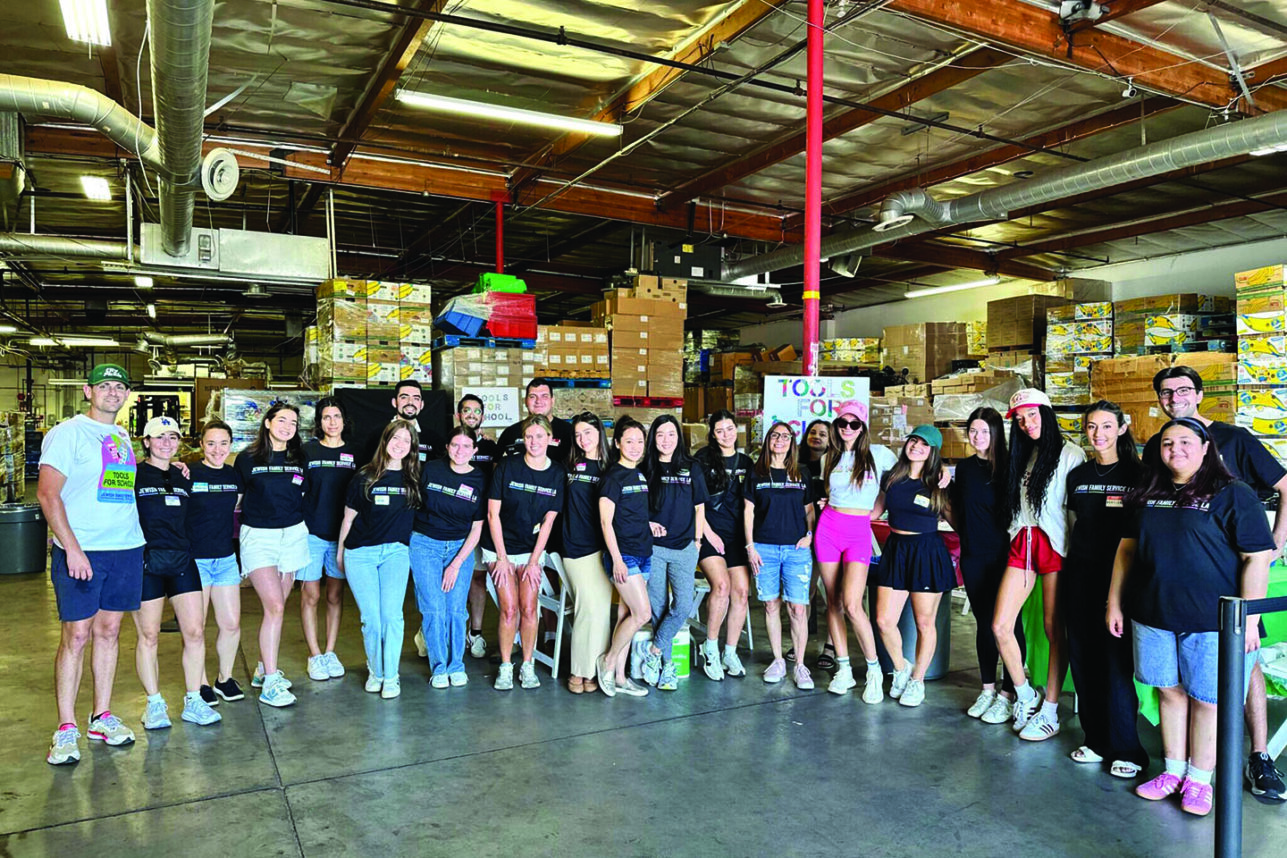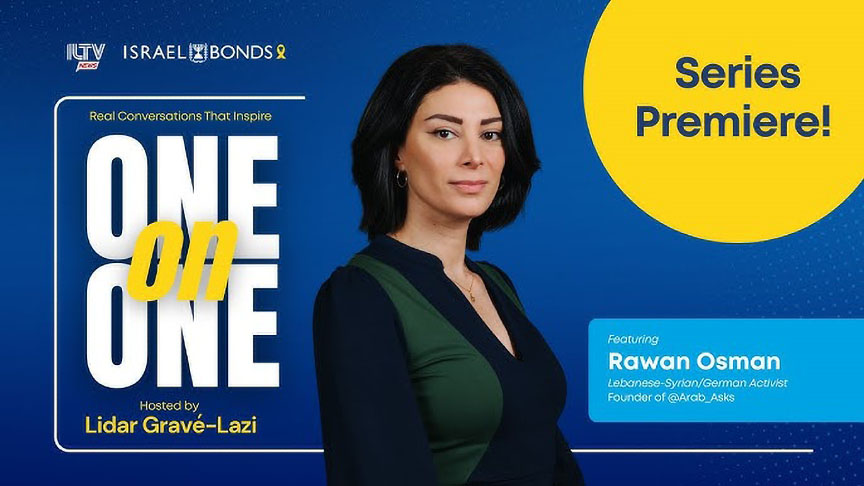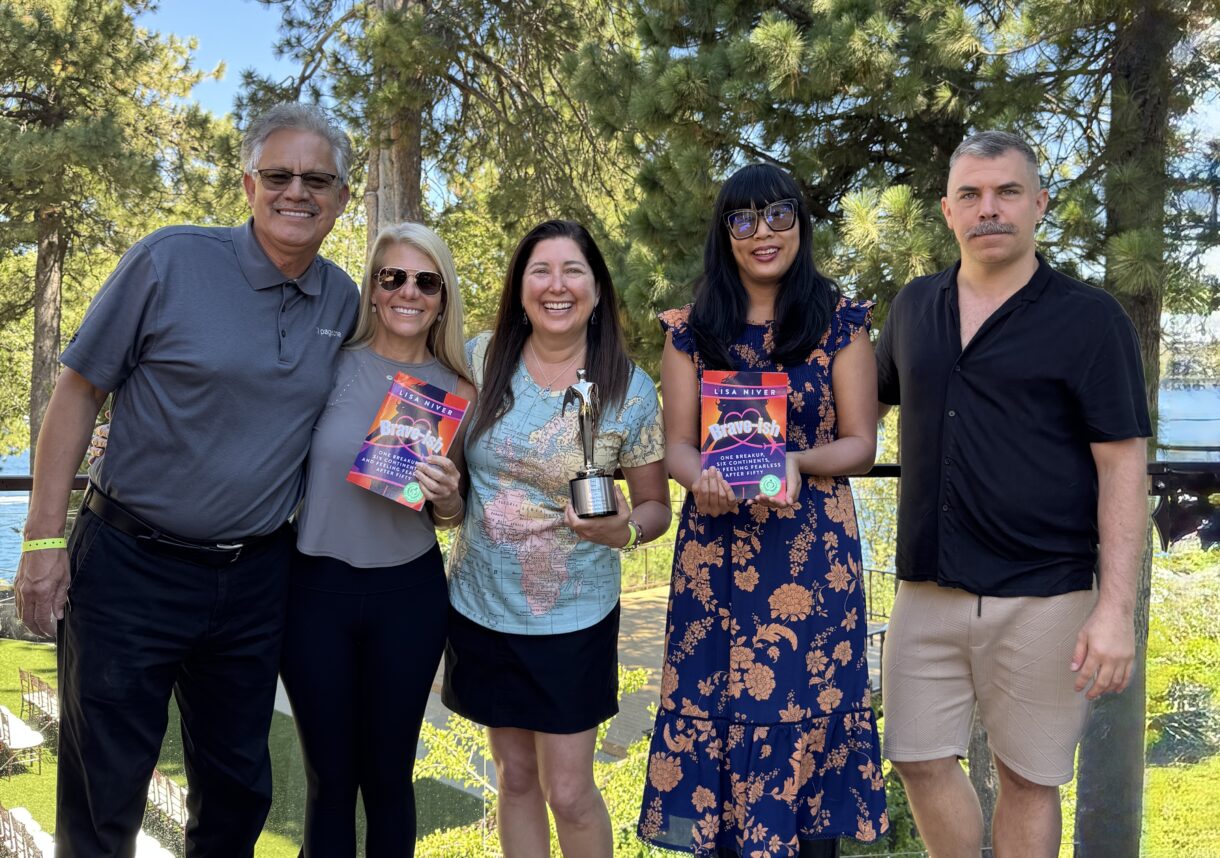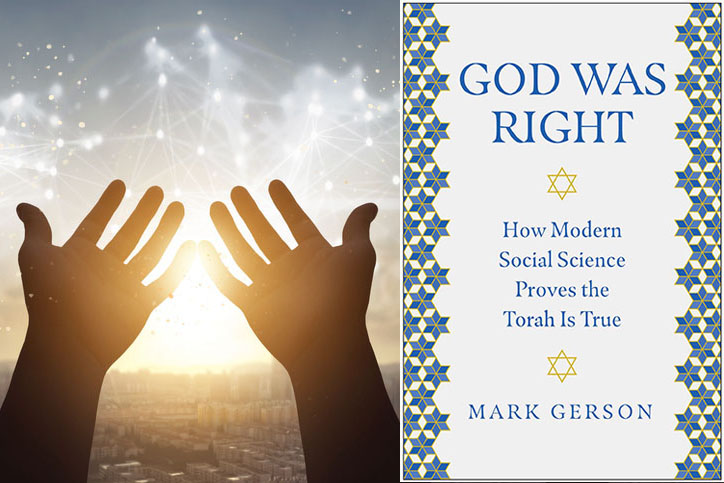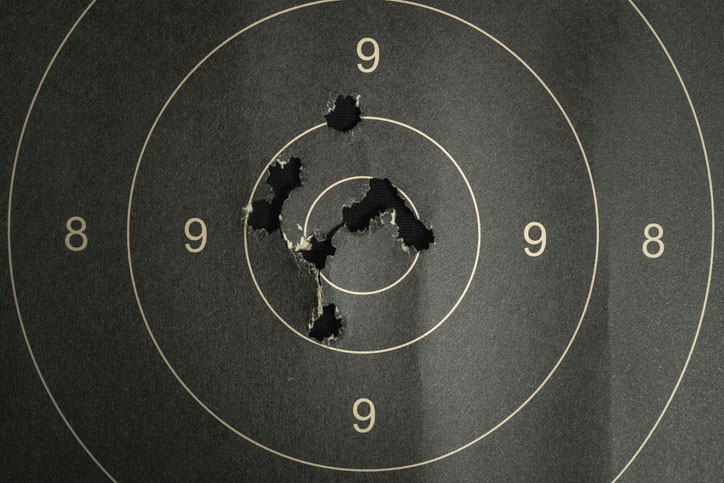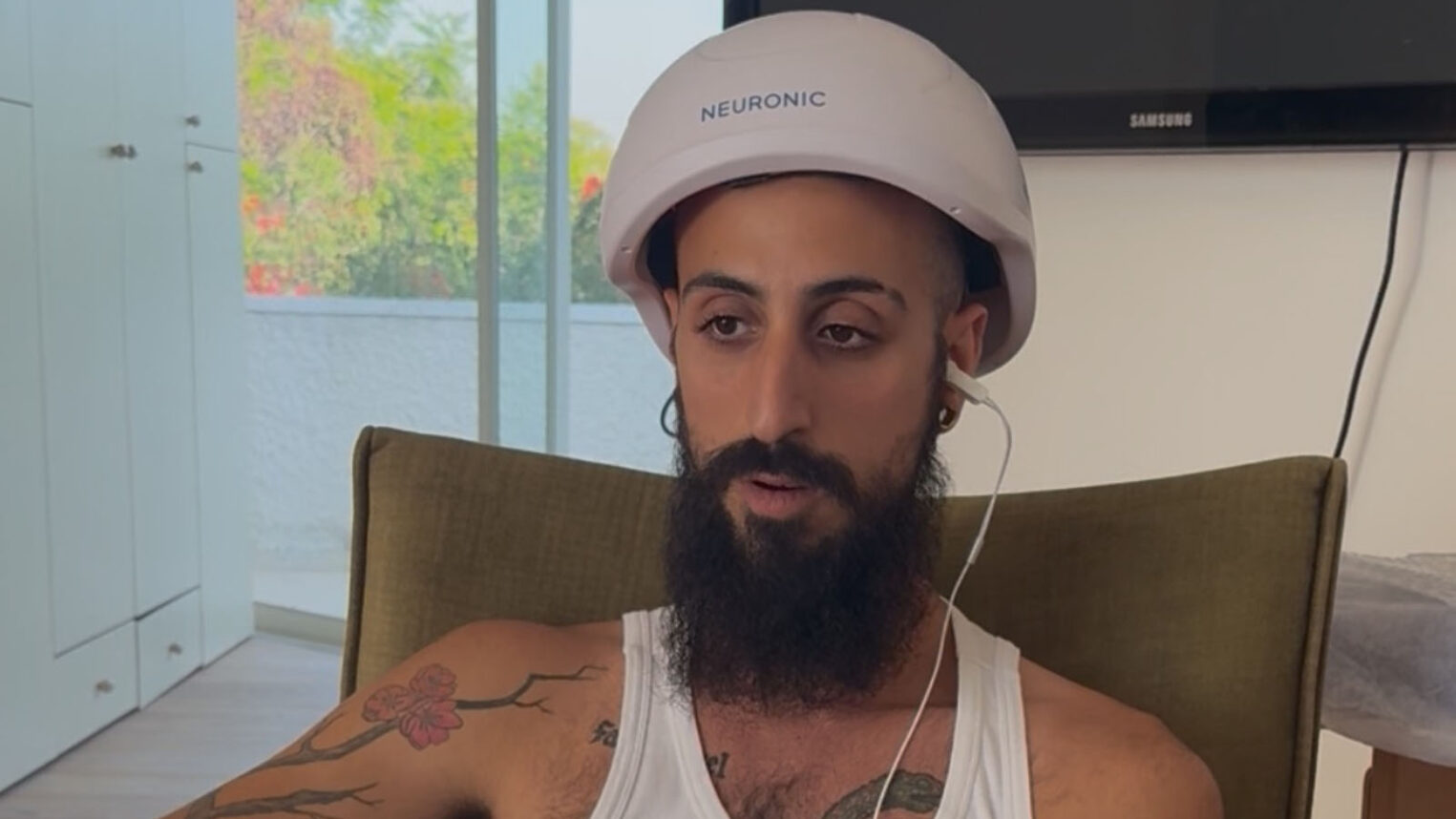We Jews aren’t exactly famous for agreeing with one another. Of our community, it is frequently said, “Five Jews, eight opinions.”
Perhaps this is why it is especially noteworthy when an important opportunity for communitywide agreement presents itself. The 2004 election in California offers precisely that kind of opportunity.
Regardless of one’s vantage point on Jewish law, we are all united in the understanding that law is central to Jewish life. Our rituals, our customs and our traditions are animated by the legal discussions of the rabbinic sages. Those of us from differing denominations may disagree about the authority and origins of Jewish law, but we can all agree that the system of mitzvot (commandments) has something important to teach us about how to live our lives.
On Nov. 2, the voice of Jewish law will call to us as we vote on Proposition. 71, The California Stem Cell Research and Cures Initiative. Proposition 71 will create funding for stem cell research that scientists believe will some day make possible breakthrough cures for illnesses such as diabetes, cancer, heart disease, Alzheimer’s disease, multiple sclerosis, Parkinson’s disease, ALS and spinal-cord injuries.
There won’t be a voter on Election Day who hasn’t been somehow impacted by one or more of the illnesses targeted by Proposition 71. Each of us has at least one family member or cherished friend who has battled one of these life-threatening diseases.
We have struggled with them. We have prayed with them. We have wept with them. And we have mourned for them. Proposition 71 represents hope for relief from the anguish we have all known.
What does Jewish law have to say about supporting embryonic stem cell research?
Our tradition is clear — God creates life; we are obliged to preserve it. The Torah teaches: “You shall not stand idly by the blood of your fellow.” (Leviticus 19:16)
The medieval sages who codified Jewish law interpreted this verse as a positive commandment to save the lives of those who are in danger, a mitzvah known as pikuach nefesh. Saving lives is so important, argue the sages, that pikuach nefesh supersedes virtually all other mitzvot.
There are those who would suggest that embryonic stem cell research destroys life, rather than preserving it. After all, research on the type of stem cells that scientists think are most likely to yield life-saving cures requires the destruction of a human embryo.
Does the mitzvah of pikuach nefesh permit this type of research, particularly since even the most optimistic scientists admit that cures are still a long way off?
Most Jewish legal authorities, across denominational divides, believe that stem cell research is permitted, indeed must be carried out, despite the destruction of the embryos from which the cells are taken. This position is, in some sense, a reflection of Judaism’s distinction between real life and potential life.
If we are forced to choose between protecting a real life or a potential one, we choose the real life. This distinction alone would not permit us to abort an embryo that is in utero for research purposes.
However, Jewish law further distinguishes between an embryo that is in utero and one that is in a laboratory. An embryo in a research laboratory, not in a womb, does not have the Jewish legal status even of potential life. It’s that simple.
That’s not to say we would support all forms of genetic research without careful consideration. We must meticulously weigh our ethical concerns about how this research is carried out against the benefits to humanity that such science will likely afford.
But protecting realized life always takes precedence in our tradition. So when you think about the real lives that could be saved through embryonic stem cell research — and the estimate is that 128 million Americans suffer from conditions that stem cell research could impact — how can there be a choice?
Many Los Angeles-area rabbis, including us, have studied this issue and the Jewish teachings that relate to it, and after investigating the details of Proposition 71 (which can easily be done by visiting www.yeson71.com), we have decided to endorse the initiative. For us, Proposition 71 is pikuach nefesh of the highest order.
If you’ve ever had to say that horrible long goodbye to a parent or spouse afflicted with Alzheimer’s disease; if you’ve agonized as a loved one battled the advancement of multiple sclerosis or diabetes; if you’ve ever escorted somebody you love through the physical and emotional minefield we call cancer, imagine a day when no one will ever have to suffer as you have — as they have.
That’s the potential with embryonic stem cell research. We are not permitted to stand idly by as our neighbors and friends and loved ones lie bleeding. On this, each and every Jew can agree.
We join in urging you to vote for Proposition. 71 on Nov. 2.
Ken Chasen is senior rabbi at Leo Baeck Temple, a Reform synagogue. Yosef Kanefsky is rabbi at B’nai David-Judea, an Orthodox congregation.















